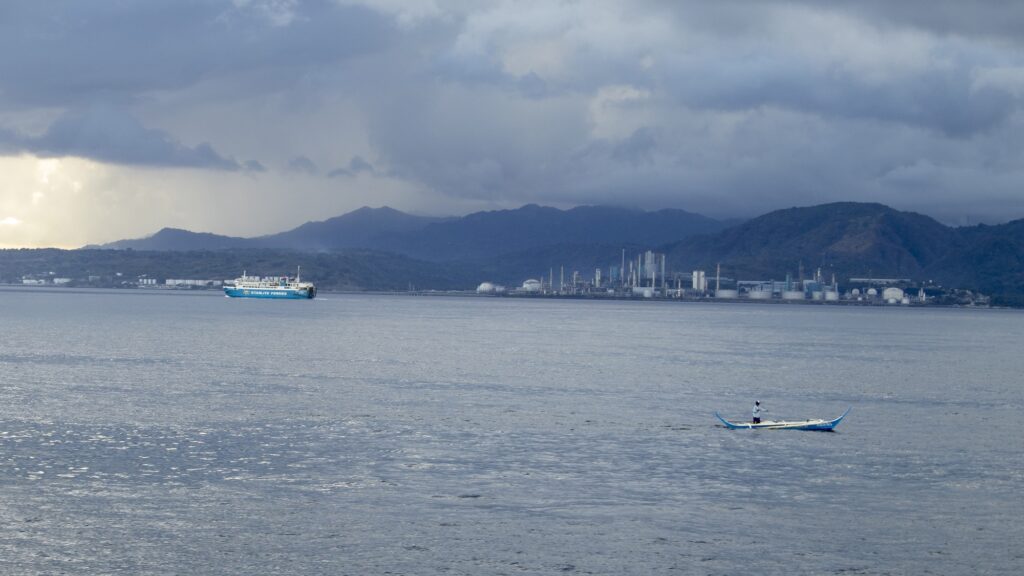In a landmark opinion issued on 23 July, the International Court of Justice (ICJ) found that all States have a duty to ensure the protection of the climate system from harmful greenhouse gas emissions. The opinion makes it clear that these obligations apply not only to States that are party to relevant treaties, such as the 2015 Paris Agreement, but extend to all States under customary international law.
As part of this, all States have the obligation to use “all means at their disposal to prevent activities carried out within their jurisdiction or control from causing significant harm.” Critically, this includes the regulation of private actors. The ICJ also found that any breach would constitute an internationally wrongful act entailing State responsibility, noting the provision of fossil fuel subsidies as a possible example.
The advisory opinion followed a 2023 resolution by the UN General Assembly, requesting the ICJ to consider State obligations under international law to ensure the protection of the climate system and other parts of the environment, as well as the legal consequences when States have caused significant harm. While a core group of 18 countries led by Vanuatu proposed the resolution, their decision to do so followed a persistent campaign by the Pacific Island Students Fighting for Climate Change and the World Youth for Climate Change.
“Franciscans International welcomes the decision by the ICJ as both a milestone in our struggle for climate justice and a reminder of what sustained civil society engagement can achieve. We were particularly happy to see the Court consider the right to a healthy environment, which is a core issue for Franciscans,” said Budi Tjahjono, FI’s International Advocacy Director. “Following this opinion, States have no excuse left to avoid taking meaningful action.”
The ICJ also elaborated on the right to a clean, healthy and sustainable environment (R2HE) as a human right, noting that it “results from the interdependence between human rights and the protection of the environment.” It concluded that “the human right to a clean, healthy and sustainable environment is essential for the enjoyment of other human rights.”
At the United Nations, FI is consistently raising the climate crisis and its consequences for the enjoyment of the R2HE. Recent cases include the consequences of fossil fuel activities in Verde Island Passage in the Philippines and in Cabo Delgado, Mozambique. In Solomon Islands, FI supports the Franciscans to address the impacts of climate change on coastal communities. Meanwhile in Brazil and Guatemala, Franciscans calls for accountability from both the State and private sector for the human rights violations linked to mineral extraction for the energy transition. The ICJ findings, notably its conclusion that State obligations extend to private actors, will be another important foundation for our advocacy.
The advisory opinion is already hailed as milestone, and will be used by activists, civil society organizations, and others to help ensure that States uphold their international obligations and that climate impunity and environmental injustice are halted. As underscored by the Court, climate change is an “existential problem… that imperils all forms of life and the very health of our planet” – it is time that States meet the perilous moment we are in.

